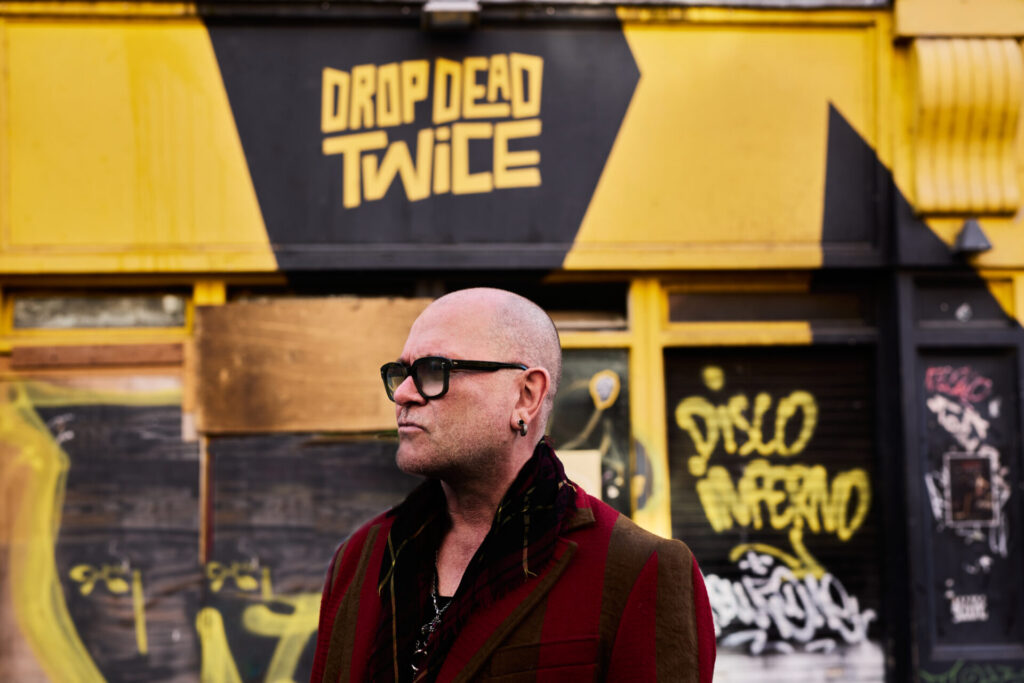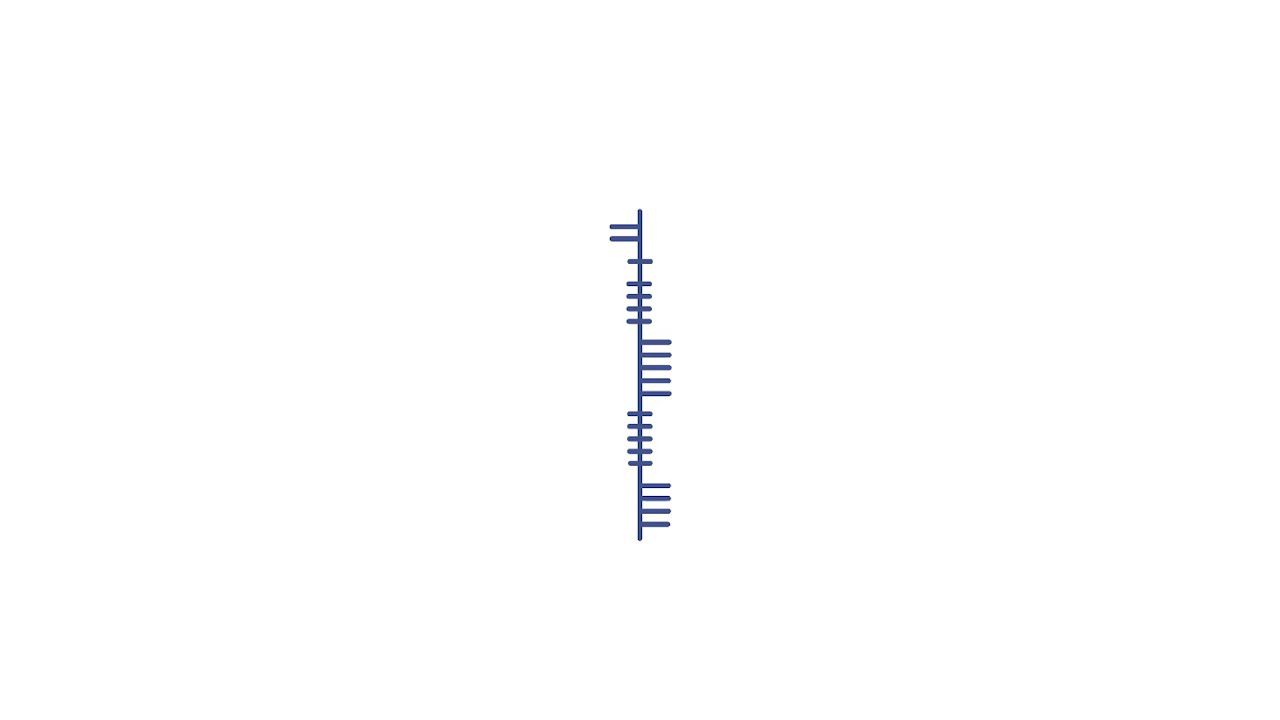Gavin Friday is very entertaining company, the reason being that he loves talking about music. Some might struggle to put together their 13 favourite albums, let alone talk about them with any depth or clarity, but not so here. Such is his enthusiasm for these records as expounds on the effect they’ve had on him, it makes you want to pull them off the shelf yourself.
“Oh, I love the Baker’s Dozen!” he enthuses from his home in Dublin. “It’s the first thing I look at whenever I log into The Quietus.”
Probably best known as the co-founder and co-vocalist of gothic post punks The Virgin Prunes, Friday has worn a coat of many colours since their dissolution in the mid-1980s. A collaborator of note – he’s worked with The Fall, Bono and Scott Walker among many others, and shared stages with the likes of Jarvis Cocker and Nick Cave at various curated events – he’s also worked on movie soundtracks as well as writing film scores.
“I’m always working on something,” he chuckles. “I don’t run the straight road, and I have no interest in it.”
Now, Friday has returned in the guise of solo artist with Ecce Homo, his first album in 13 years. Working with Soft Cell’s Dave Ball, the album proves this to be a dream pairing thanks to a combination of throbbing and pulsing electronics, melodies that burrow deep into the brain and Friday’s powerful and distinctive vocals. The album’s gestation has been long, and work began almost a decade ago when he and Ball worked on a version of ‘Ghost Rider’ for a Suicide tribute album.
“A couple of months after we finished, Dave said, ‘Do you mind if I send you over some other ideas? And then I go, ‘Yeah, why not?’” recalls Friday. “So it started like a ping-pong thing. He showed me a few jams, and I’d react to them or not react to them or leave them, and then a couple of months later, I’d go in and jam on them myself. And over a period of this email ping-ponging, there was no agenda. It was just, let’s see what happens. After two years, I sort of looked at them all. I said, ‘Hey, there’s something going on here.’”
A combination of lockdown and bereavement conspired to delay the release of the album and yet for all that, Ecce Homo seethes with a timely rage. “I really didn’t think we would feel this divide again,” sighs Friday as he ponders the inspiration he draws from an increasingly fragmented world. “And it’s actually, it made me quite angry.”
He continues: “Right now it’s very much me kicking against the pricks of the rise of the far right and fundamentalism. I mean, Ireland was absolutely strangled by religion and fundamentalism for so many years, and now I see it creeping back in; though not as much as it is in America. I didn’t think you could be as punky as you were when you were 17, but I suddenly got that fuck you attitude. But it’s a different type of anger. I mean, when you’re older, it’s more of a questioning anger.”
As a product of the 1970s, for Friday music offered not only salvation, but also a vision of an alternative beyond the oppression that sat hard on his generation. “Music was everything,” he says. “I had a pretty oppressive Catholic youth and a dysfunctional relationship with my dad; it was war. And along came David Bowie. I mean, it sounds a cliché but many a 12-year-old saw Bowie on Top Of The Pops in 1972, and it really did open a door. You don’t have to live in this dull suburban area called Northside, Dublin. You can put on earrings, eyeliner and go to Mars. Bowie, early Roxy and Bolan just brought me somewhere else. They became this salvation. But not only that, they became a shield. They became an identity. You dressed like them and you listened to them. And then they became an educator; another intervention was John Lydon. It was that life-changing that I formed band.” Even today, well into the 2020s, Gavin Friday’s love of music shows absolutely no signs of dimming.
Gavin Friday’s new album Ecce Homo is released on 25 October via BMG. To begin reading his Baker’s Dozen, click ‘First Record’ below.



